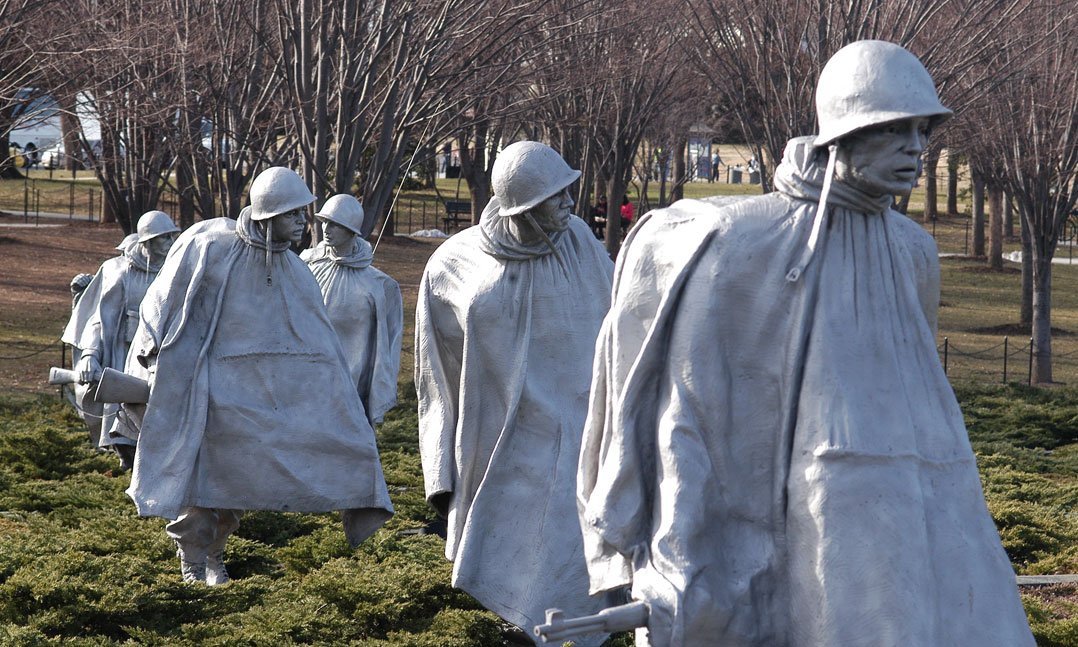WASHINGTON (July 27, 2018) — Now that North Korea has unilaterally turned over 55 boxes of remains believed to contain missing American servicemen from the Korean War, the new national commander of the Veterans of Foreign Wars of the United States is urging the families of Korean and Cold War missing to ensure the Defense Department has a DNA reference sample on file to help speed the identification process.
“Some 5,300 of 7,699 American unaccounted-for war dead are believed to be in North Korea, and 111 of our 126 Cold War missing are in the vicinity of the Korean peninsula, yet family reference samples on file only account for 91 percent of Korean War missing and 85 percent of Cold War losses,” said new VFW National Commander Vincent “B.J.” Lawrence.
 “We have to do better than that, and that’s why I’m calling on more than 1.6 million VFW and VFW Auxiliary members to canvas their neighborhoods and urge every MIA family — even distant relatives — to provide a family reference sample in the hope that the next identification announcement is their long-lost soldier, sailor, airman, Marine or contract civilian."
“We have to do better than that, and that’s why I’m calling on more than 1.6 million VFW and VFW Auxiliary members to canvas their neighborhoods and urge every MIA family — even distant relatives — to provide a family reference sample in the hope that the next identification announcement is their long-lost soldier, sailor, airman, Marine or contract civilian."
According to the Defense POW/MIA Accounting Agency, all immediate family members, as well as maternal and paternal relatives, are eligible to donate a family reference sample, which is essentially a cotton cheek swab. Relatives should contact a military service casualty officer for information on how to provide a DNA sample. Those numbers are:
- United States Army: (800) 892-2490
- United States Marine Corps: (800) 847-1597
- United States Navy: (800) 443-9298
- United States Air Force: (800) 531-5501
- Department of State: (202) 485-6106
“Today marks 65 years since the signing of the armistice, or cease-fire agreement,” said Lawrence, of Alamogordo, N.M. “The potential for peace on the peninsula in the macro sense has to be on denuclearizing North Korea, but to the families of the missing, their macro view of the world begins at home, where for more than six decades they have been asking questions that have mostly gone unanswered. This is why ensuring a family reference sample is on file is so important. Identifications can be made through strong circumstantial evidence, but nothing says proof-positive better than an actual DNA match.”